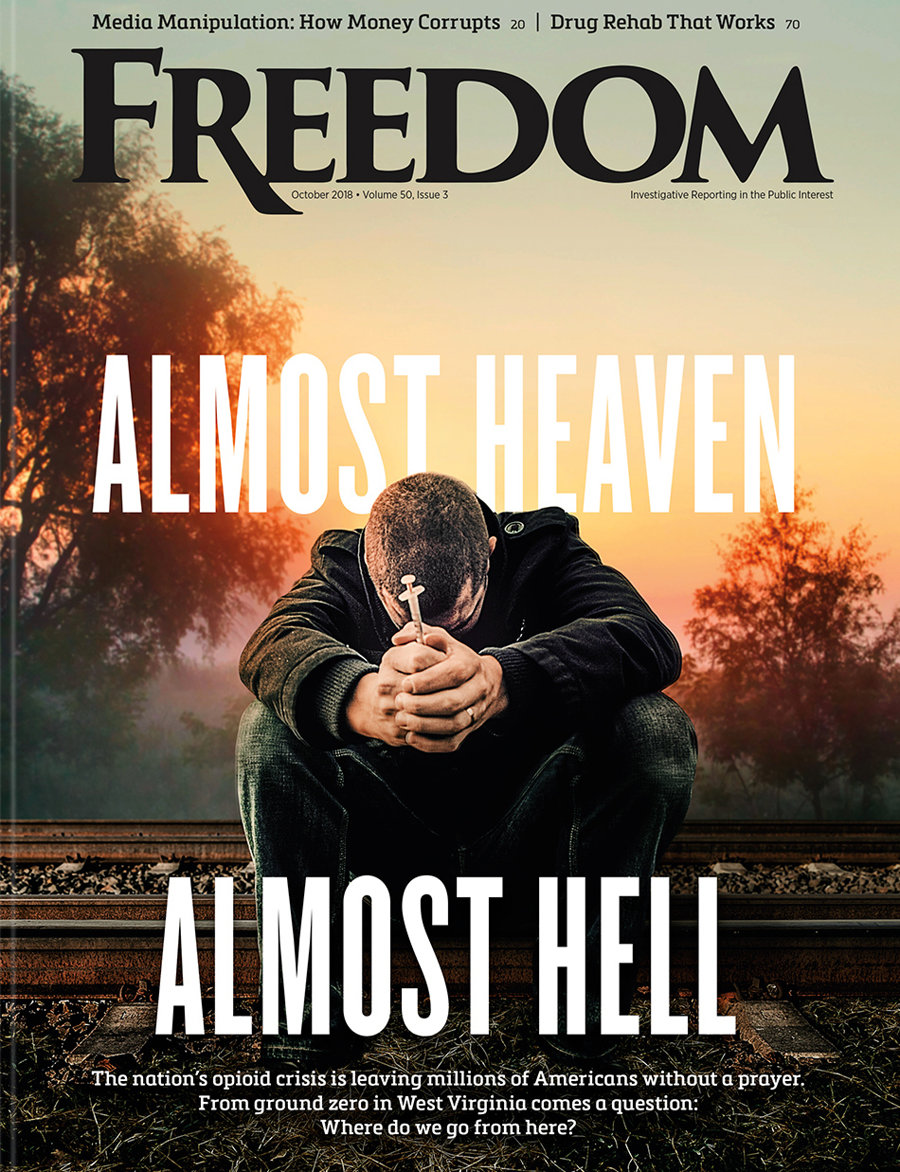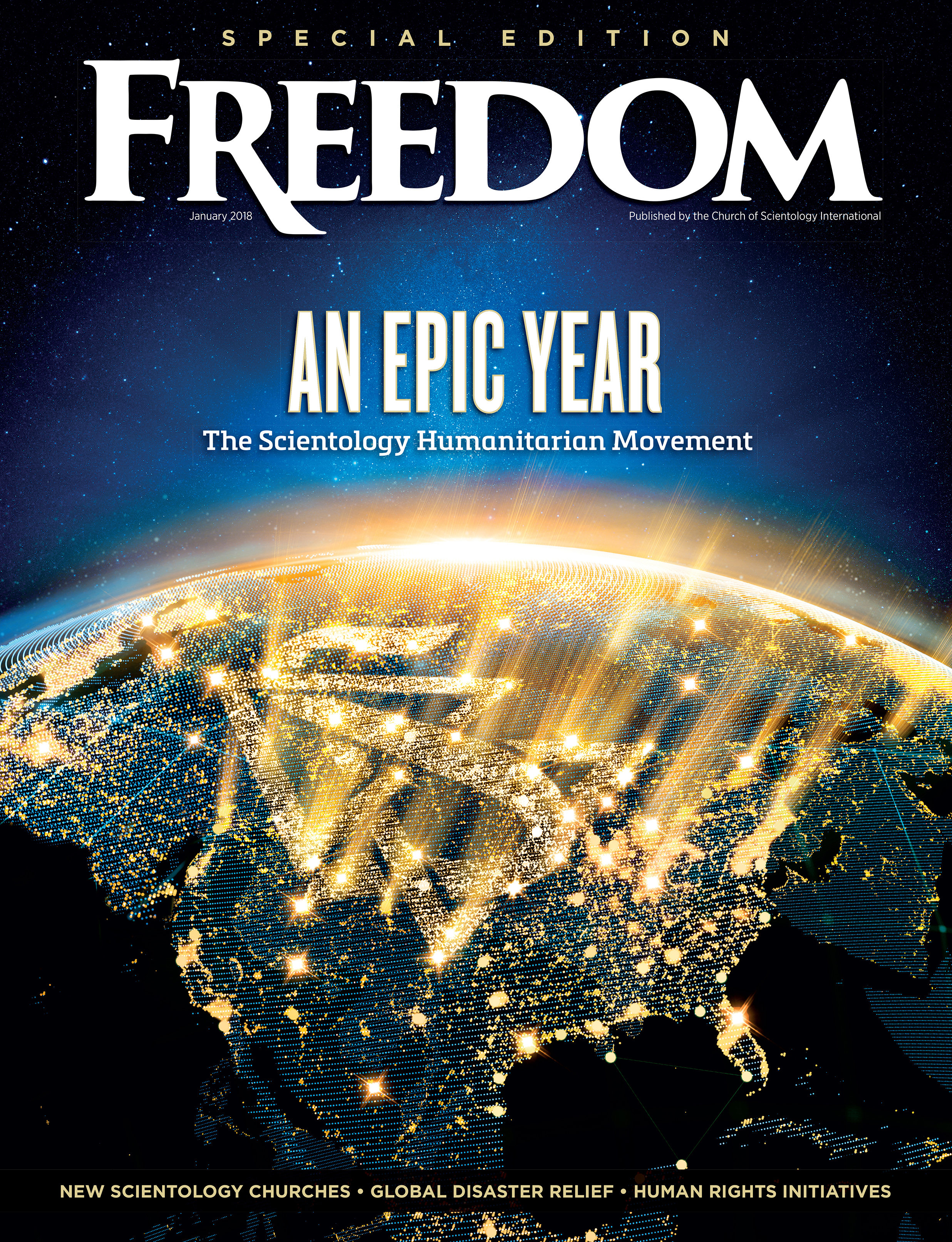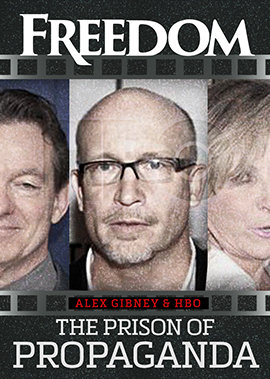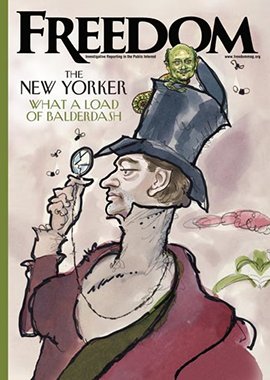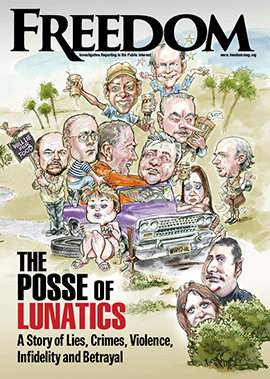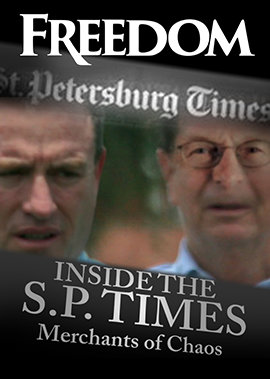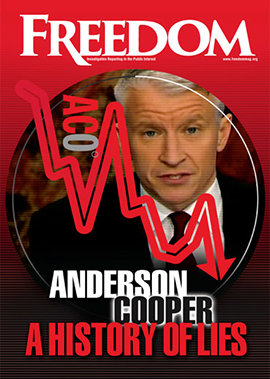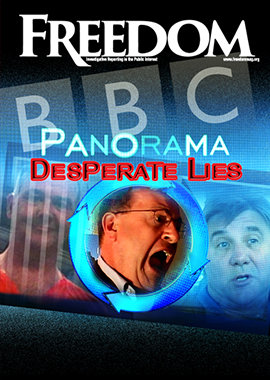The Reverend Dr. Cecil L. “Chip” Murray, who passed away earlier this year after an illustrious career at the First African Methodist Episcopal (FAME) Church of Los Angeles, understood that many mantles lie on the ground that need picking up. He knew, as few did, that the new generation must carry the wisdom of the old while dealing with the challenges of the new. You can’t throw history out of the window. You can’t realize your future without consulting your past.
Reverend Dr. Murray, therefore, at his retirement, began the “Passing the Mantle” program at the University of Southern California (USC) Dornsife Center for Religion and Civic Culture, in effect passing his mantle on to over 1,000 newly trained faith leaders on the key subjects of leadership, economic empowerment and civic engagement.
When Reverend Dr. Murray died in April at age 94, he left an inspired legacy of accomplishment. He transformed FAME from a small church of several hundred into a megachurch of more than 19,000 and created a nonprofit arm of the church that brought jobs, investment and housing to South Los Angeles. He also started FAME Renaissance, a nonprofit organization that focuses on economic development.
“A church is never a building. It’s about meeting the needs of the people inside the building.”
He never forgot what he learned as a youth in the segregated South—that the fruits of bigotry are violence—when he witnessed three white men beat up his father for standing up to them for harassing Blacks at a soup kitchen. Taking that lesson to heart, he gained national recognition as a peacemaker during the 1992 Los Angeles riots.
Celebrating what would have been the 95th birthday of the man who once said, “Soul force is greater than sword force,” a new generation of faith leaders gathered for a roundtable discussion at the Center for Religion and Civic Culture on September 26 on the subject of the future of religion in Los Angeles. How does the next generation of faith leaders build on the legacy of the spiritual giants that preceded them?
Each of the panelists had something in common: Each willingly took up the mantle from their spiritual (and sometimes biological) mothers and fathers. Each had to take what they had learned from their predecessors and manifest it to their congregations and their communities while adapting to new ways of outreach and maintaining ancient doctrine. And upon them rests the future of ministry in Los Angeles, with all its challenge and promise.
Reverend Geremy Dixon, pastor of the Center for Hope LA, took up the mantle of his father, Bishop Gregory Dixon, who led a 3,500-member church and brought about significant community development initiatives in Inglewood, California. During the roundtable, Reverend Dixon remembered how his father brought people together and considered himself a bridge. “My father allowed me to be me,” he said. “The greatest gift is to give us the space to find ourselves. We all start out as echoes before we find our own voice. And he pushed me to be me even when ‘me’ wasn’t very good. He knew that life would shave off some of the rough edges.”
Reverend Eddie Anderson, pastor of McCarty Memorial Christian Church, shared stories about his relationship with the late Reverend James Lawson, who mentored him in his faith-based activism. He recalled the reverend telling him, “Eddie, it’s about who you bring with you.” He learned from the Reverend Lawson that “a church is never a building. It’s about meeting the needs of the people inside the building. If you’re not healing people in their stomachs, they won’t hear Jesus.”
“Religion is the first sense of community.”
Reverend Cedric Nelms, pastor and community organizer of the Chosen Generation Fellowship Church, spoke about what he learned from Pastor George L. Thomas (who is still pastoring after 38 years). “I don’t know if he passed the mantle—he pushed us to create our own mantle,” he said. “He gave us the box and material to build it, but he didn’t build it himself.”
Reverend Jack Miranda, pastor of the Living Faith Church and the one Hispanic faith leader in the room, spoke about continuing the legacy of his father, the Reverend Dr. Jesse Miranda, known as the grandfather of US Hispanic Evangelism. His father, he said, wanted Brown churches to have the same impact on their community as Black churches and charged him to learn. “So I’m getting trained to learn how you do it.”
“Ours is a civic-minded church,” he said. “We have spiritual grace on Sunday and civic grace—good works—on Monday.”
Reverend Dr. Najuma Smith, pastor at Word of Encouragement Church and Assistant Director for Community and Public Engagement at USC Center for Religion and Civic Culture, spoke about her relationship with Reverend Murray. Reverend Murray, she said, never tried to get her to conform to a certain pastoring style to fit in—to talk a certain way, to preach a certain way. “I appreciated that,” she said. “Chip believed that the tide should raise all ships,” she said, meaning that in the faith world, all churches should help each other prosper and benefit from each other’s hard-won knowledge. He also believed that “the core of the church is to help someone along the way.”
Reverend Dr. Smith added that a key thing she learned from Reverend Murray was, “We don’t own the church. The church belongs to God. But as steward of the church, I’m responsible for the economics and welfare of its people while making sure that there is a solid spiritual education that can be passed on.”
Civic-mindedness, faith-based activism, meeting the needs of one’s flock—it all adds up to prioritizing community. As Scientology Founder L. Ron Hubbard wrote, “Religion is the first sense of community. Your sense of community occurs by reason of mutual experience with others.”
Reverend Dr. Cecil “Chip” Murray dedicated his life to the community, forging the Black churches of Los Angeles into a united force for good. He exemplified the power inherent in us when we join hands, no matter who we are or what we believe. And he ensured that others were there to carry on his legacy.
As a dear friend to the Church of Scientology and to Angelenos and others of all faiths, he is missed. But what he taught lives on, thanks not only to him, but the many “Elishas” willing and ready to pick up his mantle.






